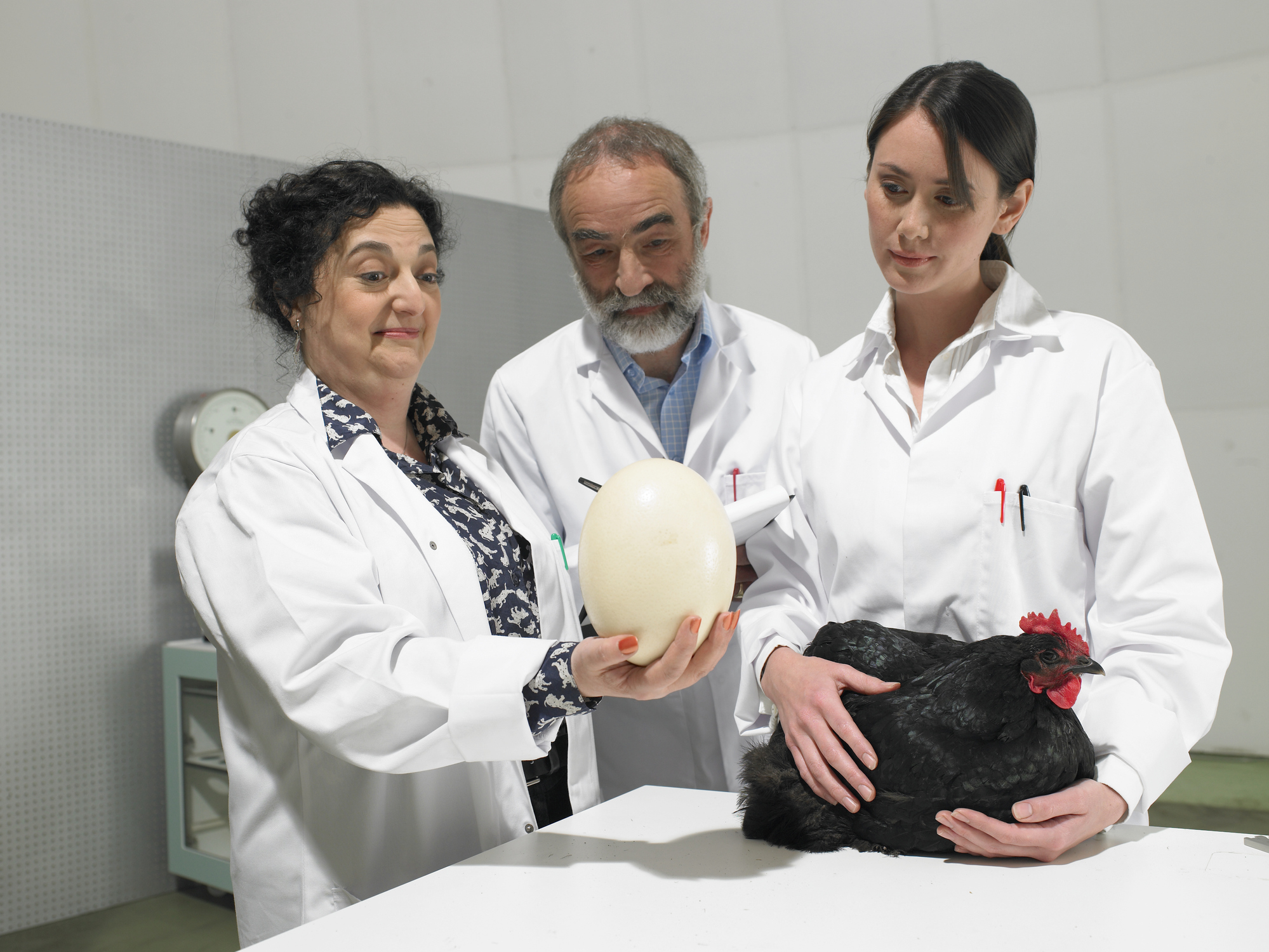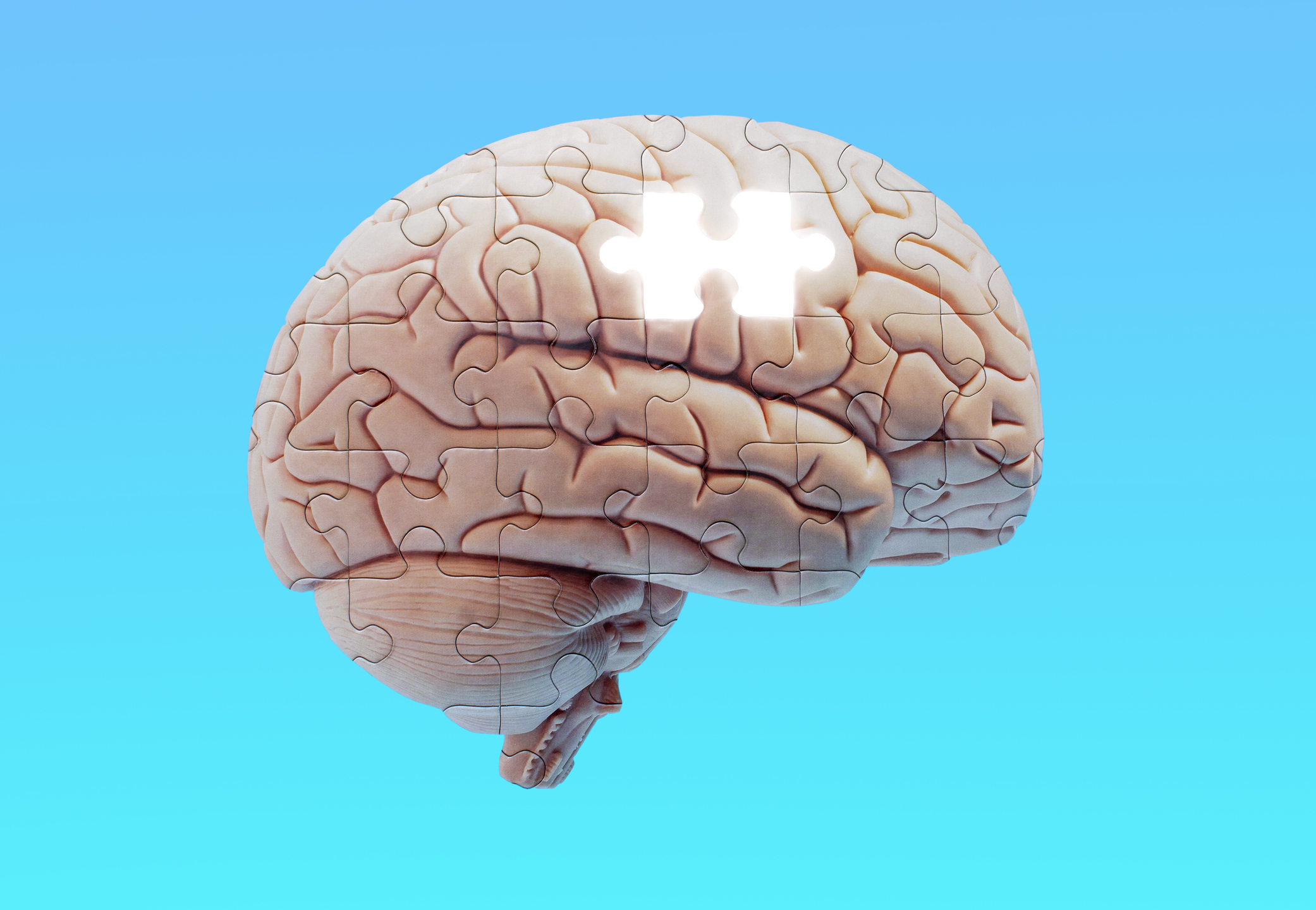Securing the means of reproduction.
Biohacking BS

When science gives way to quackery.
Although biohacking is not complete nonsense, the space is populated by the type of people who could sell a cold plunge pool to the Inuit. People like “Dr.” Joe Dispenza, for example.
For the uninitiated, Dispenza is a chiropractor who masquerades as a scientist. The back quack is not, as Anne-Laure Le Cunff, a neuroscientist at King’s College London, has emphasized, a legitimate scientist. A quick look at his website confirms this fact, as it is filled with numerous testimonials from individuals who claim that Dispenza has miraculously cured their cancer.
Dispenza promotes an unscientific practice called “coherence healing,” which, according to his site, involves a group of people coming together “with the intention of healing another.” These people “know how to get beyond themselves, connect to the quantum field, open their hearts, and demonstrate brain and heart coherence—we now know they can heal one another.”
Despite the lack of scientific evidence—or perhaps because of it—Dispenza has managed to cultivate a devoted, cult-like following. The New Jersey-born influencer, who sells a whole host of retreats, online courses, books, and apparel, promises to help hack your mind and “attract your dreams.” In truth, though, the only things he has successfully hacked are the minds of gullible individuals around the world.
Another BS artist in the biohacking space is Aubrey Marcus, a big fan of Dispenza’s. A podcaster, pseudo-philosopher, and biohacker, Marcus established Onnit, a dietary supplement company, with Joe Rogan.
Onnit has faced allegations of marketing products—like Alpha Brain, for example—containing dubious ingredients. Like Dispenza, Marcus has also managed to attract hundreds of thousands of followers around the world. And like Dispenza, he has absolutely no qualifications. He is not an expert in longevity.
Dr. David Sinclair, however, very much is. But just because he is an expert, it doesn’t mean he is credible. With over 600,000 followers on Instagram and close to half a million on X, Sinclair has quite a following.
The 54-year-old, fresh-faced academic is renowned for his studies on aging and epigenetics. In fact, Sinclair, an esteemed biologist and scholar with dual Australian and American citizenship, is so distinguished that Time previously listed him as one of the most influential people in the world.
Currently serving as a genetics professor at Harvard Medical School, Sinclair also up until very recently served as president of the non-profit Academy for Health & Lifespan Research. On March 13 of this year, however, he resigned.
Sinclair’s resignation was abrupt, but entirely necessary.
Here’s why.
On March 5, just eight days before he stepped down, Animal Biosciences, a company Sinclair founded that’s led by his brother Nick, who serves as the CEO, released an interesting report on the reversal of age-related signs in dogs. Commenting on the findings, Sinclair allegedly sang the praises of the supplement, designed by his company and used in the research, insisting it had the power to “reverse aging in dogs.”
The supplement in question is called “LeapYears,” but contrary to what Sinclair proclaimed, it doesn’t reverse aging in dogs. That’s the opinion of Dr. Matt Kaeberlein, a proponent of creating products that can decelerate the aging process in dogs and a man who knows what he’s talking about. Recognized as one of the foremost authorities in the realm of aging biology research, Kaeberlein took to X to call out Sinclair, tweeting: “The press release from Animal Biosciences is dishonest. This supplement has not been ‘proven to reverse aging in dogs.’ That is a lie.” Kaberlein even hinted at Sinclair being a snake oil salesman.
Not finished there, the University of Washington professor then proceeded to analyze the findings of the study, which at the time hadn’t been peer reviewed (which makes Sinclair’s claims even more contentious).
Shortly after the stinging critique, Kaeberlein decided to withdraw his membership from the AHLR. Then on March 14, obviously embarrassed by the whole affair, Sinclair stepped down from his position as president.
Kaberlein is not the only informed individual to take aim at Sinclair.
Dr. Charles Brenner, an esteemed biochemist, has been critical of Sinclair’s best-selling book Lifespan, calling it a source of misinformation and overhyped promises.
Like any biohacker worth his (dark pink Himalayan) salt, Sinclair is big on supplements. More specifically, questionable supplements that he sells (more on that in a minute). For over two decades, this lab coat-wearing, Benjamin Button figure has waxed lyrical about resveratrol, a phenol mostly found in red grapes. However, Brad Stanfield, a primary care physician based in New Zealand, has expertly shown that Sinclair’s claims are built on a foundation of flawed data and unsubstantiated claims.
This didn’t stop Sinclair from establishing Sirtris, a company dedicated to producing resveratrol in highly absorbable forms way back in 2005. This venture proved to be immensely lucrative, as GlaxoSmithKline (GSK), obviously won over by Sinclair’s impressive, resveratrol-inspired studies, eagerly acquired the company for well over $700 million.
However, as Stanfield has noted, with the passing of time and numerous works of independent research, the pharmaceutical giant eventually realized that something was off. In short, subsequent attempts by other scientists to replicate Sinclair’s findings failed. Rather hilariously, Harvard, Sinclair’s place of employment, has claimed that a diet rich in the resveratrol offers absolutely no health benefits.
Sinclair even sells his own line of ridiculously overpriced, scientifically-questionable supplements.
One of the supplements is Nicotinamide mononucleotide (NMN), a nucleotide which supposedly combats age-related weight gain. Science, however, paints a very different picture.
On her popular YouTube channel, Dr. Andrea Suarez, a licensed M.D., has laid out the many reasons why she doesn’t take the supplement, and why you shouldn’t either. Using scientific studies to support her skepticism, Suarez noted that although it shows promising results in mice, NMN doesn’t appear to have the same life-altering changes on humans. In other words, the $300 Sinclair is charging you for a month’s supply of NMN would be better spent elsewhere—just about anywhere else, to be honest.
Sadly, the biohacking community is full of bioquacks and bioquackery. In addition to Dispenza, Marcus, and Sinclair, Bryan Johnson, the biohacking, penis-pumping millionaire, sells overpriced olive oil (spoiler alert: it’s not worth it). Then, there’s Dave Asprey, the “father of biohacking” and the “bulletproof diet,” a pseudoscientific, aggressively-marketed eating plan that claims to help people lose one pound each day. Even the more credible biobros—people like Dr. Andrew Huberman and Gary Brecka, the man who saved Dana White’s life, for instance—regularly hawk very questionable products and services. The only truly credible individual in the biohacking space is Peter Attia, an actual M.D. who speaks a great deal of commonsense, something sorely lacking within the biohacking space.
Biohacking is possible, of course. Proper nutrition, intense workouts, and ample rest can transform one’s life, and, to some extent, even their biology. But don’t fall for bioquackery. Look closely and you’ll see that the highly-priced bottle of brain octane oil is really just cleverly marketed snake oil.
The American Mind presents a range of perspectives. Views are writers’ own and do not necessarily represent those of The Claremont Institute.
The American Mind is a publication of the Claremont Institute, a non-profit 501(c)(3) organization, dedicated to restoring the principles of the American Founding to their rightful, preeminent authority in our national life. Interested in supporting our work? Gifts to the Claremont Institute are tax-deductible.
America faces a grim future as marriage rates plummet.
A new plant-based “egg” represents the advent of the transhumanist global state.
Traditional household gardening provides a model of escape from a future of eating bugs and vat-produced mycoproteins.
Why are so many young Americans being diagnosed with Alzheimer’s?
Shorting the dating pool.






